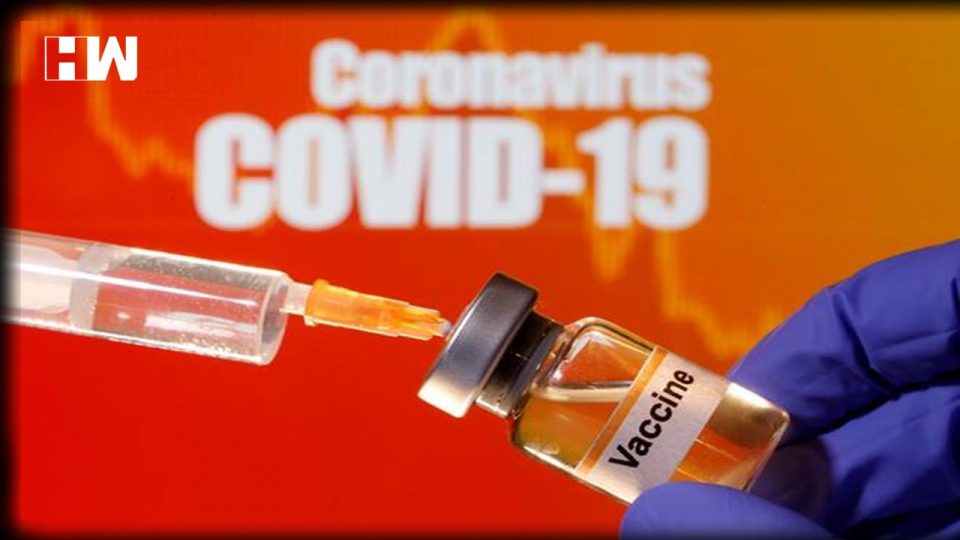Despite the “unquestioned urgent need”, a vaccine has to go through three phases to evaluate safety, efficacy and side effects, and confirmation of safety
NEW DELHI| The August 15 deadline set by the Indian Council of Medical Research for Baharat Biotech India Limited to launch a coronavirus vaccine is “unfeasible and has raised unrealistic hopes” in the minds of the people, the Indian Academy of Sciences (IASc) said in a statement.
The statement read, “The Academy strongly believes that any hasty solution that may compromise rigorous scientific processes and standards will likely have long-term adverse impacts of unforeseen magnitude on citizens of India.”
The statement referred to a letter by ICMR director-general Balram Bhargava which stated the hospitals selected for phase 1 and phase 2 trials and said that “it is envisaged to launch the vaccine for public health use latest by 15 August, 2020 after completion of all clinical trials”.
The IASc said that the timeline is “unreasonable and without precedent”, the statement said adding that vaccine development requires scientifically executed trials in a phased manner. Despite the “unquestioned urgent need”, the vaccine has to go through the three phases to evaluate safety, efficacy and side effects, and confirmation of safety before releasing for public use.
The statement read, “Clinical trials for a candidate vaccine require the participation of healthy human volunteers. Therefore, many ethical and regulatory approvals need to be obtained prior to the initiation of the trials. While administrative approvals can be expedited, the scientific processes of experimentation and data collection have a natural time span that cannot be hastened without compromising standards of scientific rigour. Data collected in one phase must be adequately analysed before the next phase can be initiated. If the data of any phases are unacceptable, then the clinical trial is required to be immediately aborted.”
The Candidate vaccine in question was developed by BBIL in collaboration with ICMR’s National Institute of Virology and was granted approval for phase 1 and 2 trials a week ago. After criticism of the ICMR’s announcement of a 15 August deadline to release the vaccine for public use, the body said in a statement that the 2 July letter designating hospitals for trials and seeking the expedition of the process was meant to “cut unnecessary red tape”.
ICMR in a statement said, “Just as the red tape was not allowed to become a hindrance in the fast-track approval of the new indigenous testing kits for introducing in the Indian market, the indigenous vaccine development process has also been sought to be insulated from slow file movement.”
Shaheed Jameel, a well-known virologist and chief executive of the Wellcome Trust-DBT Alliance that funds health research in India said August 15 timeline was “ridiculous”.
“I fear the global scientific community would be laughing at us for this. It should not have happened. India is a serious player in science. Who is going to trust us if we behave like this? Who is going to believe us even if we indeed come up with a good vaccine tomorrow?… And I am appalled at the kind of language used in the letter. It is not a letter, it reads like a threat,” Jameel said.
As an independent media platform, we do not take advertisements from governments and corporate houses. It is you, our readers, who have supported us on our journey to do honest and unbiased journalism. Please contribute, so that we can continue to do the same in future.

